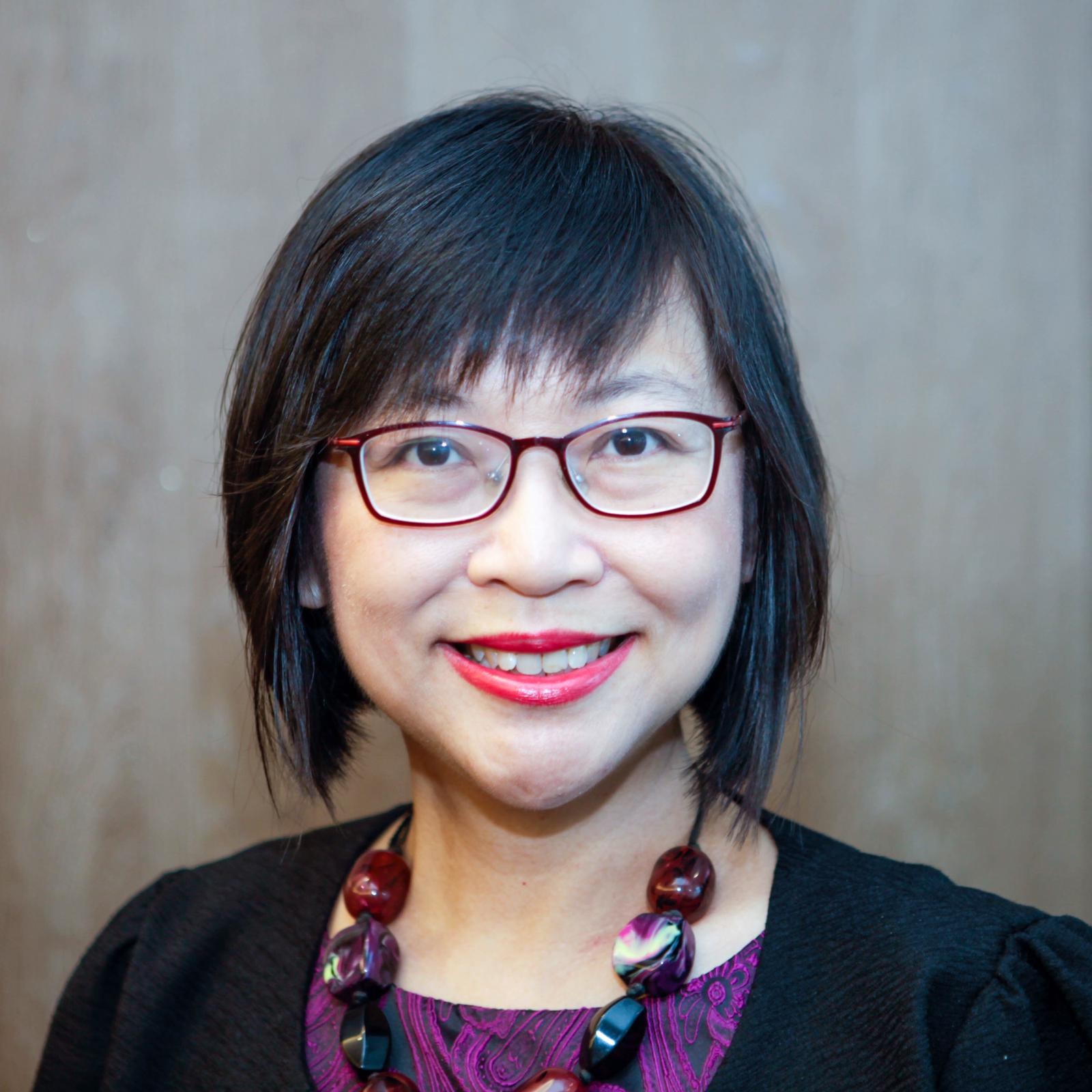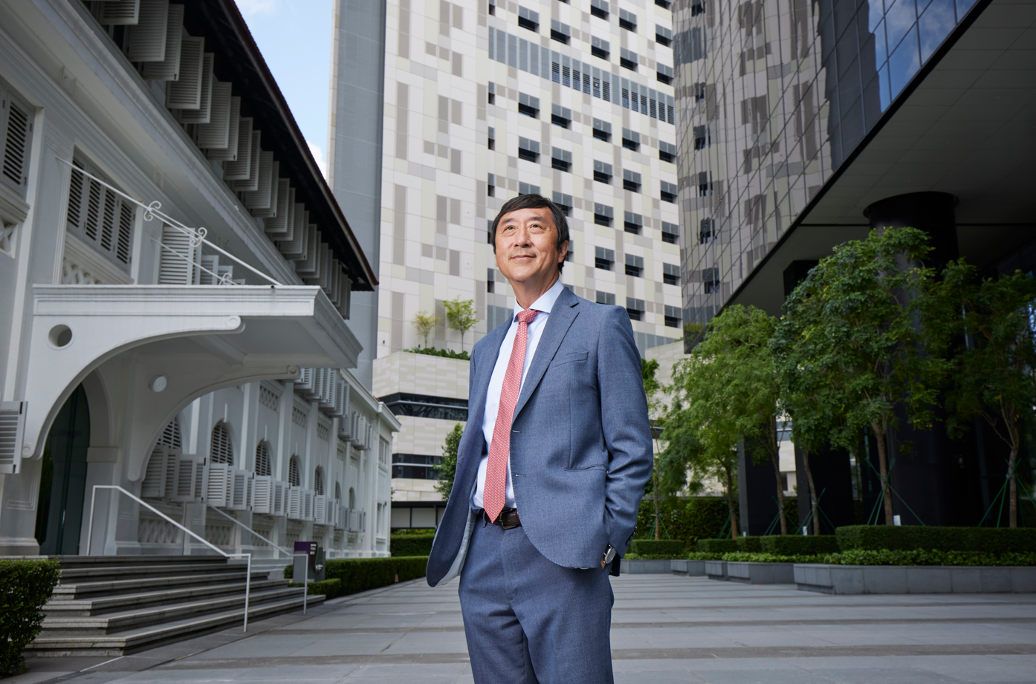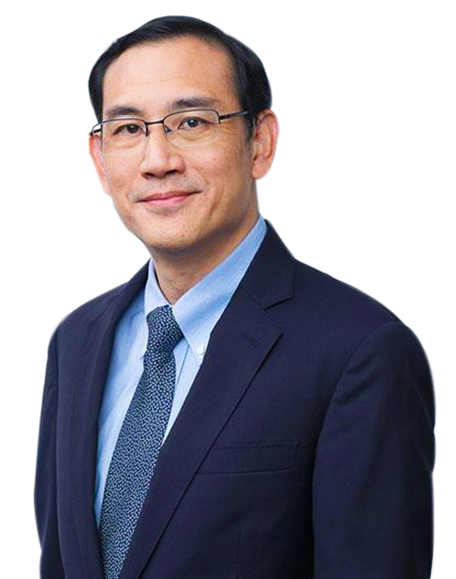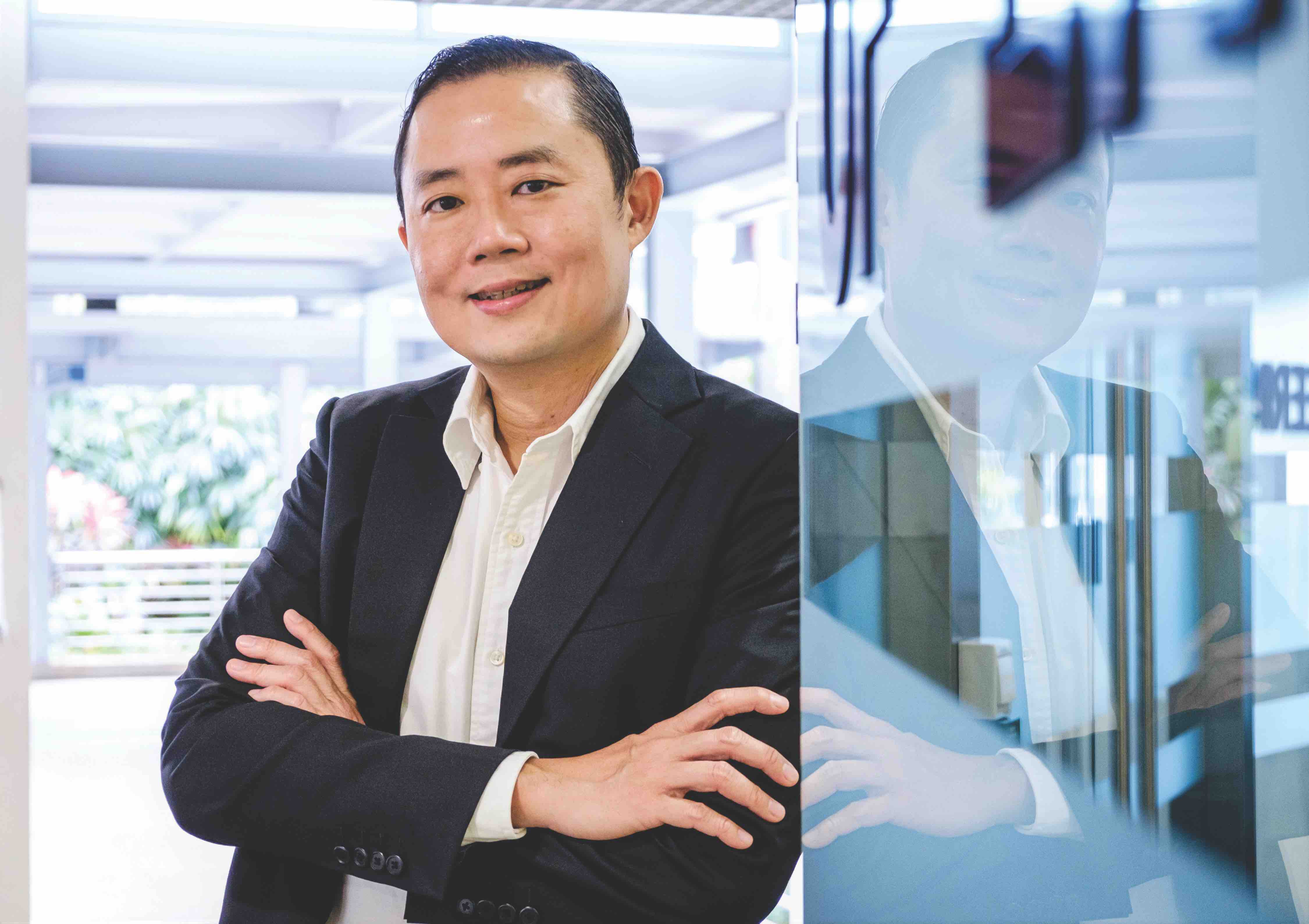Research: AI in Medicine: The Future is Now
 | By Ai Ling Sim-Devadas, Deputy Director, Advocacy and Engagement |
What’s the future of Artificial Intelligence (AI) in medicine? How will it change our world and our lives?
AI is developing rapidly, with many talking about the promise and risks of what it brings.
With so much at stake, what is needed as we embrace AI in medicine while addressing the challenges and risks? These are questions to be addressed at the inaugural International Conference on AI in Medicine (iAIM 2023) on 5-7 August 2023, organised by NTU Lee Kong Chian School of Medicine, College of Engineering and National Healthcare Group.
As the first International AI in Medicine conference in Asia, it brings globally renowned experts in AI Engineering, Medical Futurists and Social Scientists to address the promise and challenges of artificial intelligence in medicine.
Clinicians, researchers, scientists, engineers, AI experts, tech innovators and policymakers will gain insights into how AI will change the healthcare system, medical practice and the training of doctors as well as what is needed for the adoption of AI by doctors and nurses. There will be discussions on how it will affect the lives and jobs of medical professionals; how it can aid health forecasting; and how it will transform elderly care, mental health, surgical interventions, diagnostics, imaging and the delivery of emergency medicine and ICU care. Ultimately, the conference aims to address important questions of trust, ethics, safety, governance, patient autonomy, and privacy.
Ahead of the conference, we ask three leaders in healthcare and AI who are co-chairs of iAIM 2023 to share their predictions on how AI is reshaping medicine and healthcare, and what we need to do to thrive in this new AI world.

“The practice of medicine is going to be quite different 5-10 years from now. A lot of mundane work such as recording clinical findings and notes, retrieving laboratory results, writing referrals and reply letters will be taken up by AI. Diagnosis can be made much easier, with AI taking up analysis of symptoms and laboratory findings, combining with image-interpretation of radiographs, retinal image, endoscopy pictures, histology slides for instance, to suggest the most fitting diagnosis and offer prediction of outcomes, based on the latest information from the literature.
What this means is doctors, nurses and allied health professionals will need to be prepared for this change, to work hand-in-hand with AI and robots, in a way that retains human autonomy. AI tools should play an assistive role to help doctors in making informed decisions and not dictate the choice of action.”
Professor Joseph Sung
Dean, Lee Kong Chian School of Medicine,
Senior Vice President (Health & Life Sciences), NTU Singapore
Distinguished University Professor

“AI has the potential to change how we practice medicine. In fact, we are starting to see a proliferation of AI tools that cut across screening, diagnosis, decision-support and even clinical interventions. One study even found a generative AI programme to have more empathy than human doctors in communicating to patients. However, we first need to determine where AI can make a real difference to patients, and how it can effectively, reliably, and safely interface with current clinic and hospital platforms. And that these solutions are affordable and sustainable.”
Professor Benjamin Seet
Deputy Group Chief Executive Officer (Education and Research) and Group Chief Research Officer
National Healthcare Group

The potential of AI is immense, and it is natural to feel disoriented, or even threatened by rapidly evolving technology. On an individual level, each of us need to adapt to AI’s role in healthcare through continuously learning on how to apply AI. We need to understand the limitations of technology, to reap the benefits and avoid pitfalls. For example, when using patient data to train AI-systems, we need to understand that chatbots may memorise sensitive information and give them up after receiving maliciously designed conversational cues. Therefore, thorough anonymisation of data is a necessity.
Healthcare organisations need to adapt too, by developing the infrastructure to harness the power of AI to maximise it for patient care and improve patient experience. To do all these well, organisations need to create flexible yet clear regulatory frameworks that ensure safety, privacy, and trust in the AI-systems.”
Professor Louis Phee
Vice President (Innovation & Entrepreneurship)
Dean, College of Engineering
Tan Chin Tuan Centennial Professor
